What Is Liver?
 The liver is a vital organ that has several functions in the body, including building proteins and blood clotting factors, making triglycerides and cholesterol, glycogen synthesis, and bile production.
The liver sits on the right-hand side of the belly.
Many different diseases can be caused due to improper functioning of the liver, including infections such as hepatitis, cirrhosis (scarring), cancers, and damage by medicines or toxins.
The liver is a vital organ that has several functions in the body, including building proteins and blood clotting factors, making triglycerides and cholesterol, glycogen synthesis, and bile production.
The liver sits on the right-hand side of the belly.
Many different diseases can be caused due to improper functioning of the liver, including infections such as hepatitis, cirrhosis (scarring), cancers, and damage by medicines or toxins.
What Are The Health Condition Associated With Liver?
There are many kinds of liver diseases:Alagille Syndrome
 Alagille syndrome is a genetic complication that can harm the liver, heart, and other portions of the body. One of the significant features of Alagille characteristics is a liver illness caused by irregularities in the bile ducts.
These ducts carry bile (which aids to digest fats) from the liver to the gallbladder and small intestine.
Alagille syndrome is a genetic complication that can harm the liver, heart, and other portions of the body. One of the significant features of Alagille characteristics is a liver illness caused by irregularities in the bile ducts.
These ducts carry bile (which aids to digest fats) from the liver to the gallbladder and small intestine.
Autoimmune Hepatitis
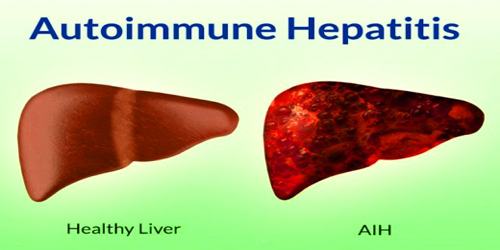 Inflammation in the liver that happens when the immune system attacks the liver.
Autoimmune hepatitis is a chronic condition of unknown cause and is distinguished by maintaining hepatocellular inflammation and necrosis and has a tendency to proceed to cirrhosis.
Inflammation in the liver that happens when the immune system attacks the liver.
Autoimmune hepatitis is a chronic condition of unknown cause and is distinguished by maintaining hepatocellular inflammation and necrosis and has a tendency to proceed to cirrhosis.
Cirrhosis
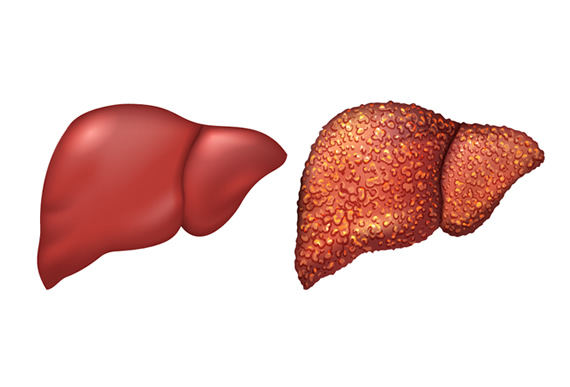 Cirrhosis is an advanced stage of scarring (fibrosis) of the liver caused by multiple forms of liver disorders and conditions, such as hepatitis and also chronic alcoholism.
The liver carries out several vital functions, including detoxifying harmful elements in your body, cleaning your blood and making essential nutrients.
Cirrhosis is an advanced stage of scarring (fibrosis) of the liver caused by multiple forms of liver disorders and conditions, such as hepatitis and also chronic alcoholism.
The liver carries out several vital functions, including detoxifying harmful elements in your body, cleaning your blood and making essential nutrients.
Hemochromatosis
 Hereditary hemochromatosis (he-moe-kroe-muh-TOE-sis) makes your body to consume too much iron from the food you eat. Adequate iron is stored in your organs, especially your liver, heart, and pancreas.
Too much iron can head to life-threatening diseases, such as liver disorder, heart difficulties, and diabetes.
The genes that cause hemochromatosis are inherited, but only a child of people who have the genes ever give serious difficulties. Signs and symptoms of hereditary hemochromatosis regularly appear in midlife.
Hereditary hemochromatosis (he-moe-kroe-muh-TOE-sis) makes your body to consume too much iron from the food you eat. Adequate iron is stored in your organs, especially your liver, heart, and pancreas.
Too much iron can head to life-threatening diseases, such as liver disorder, heart difficulties, and diabetes.
The genes that cause hemochromatosis are inherited, but only a child of people who have the genes ever give serious difficulties. Signs and symptoms of hereditary hemochromatosis regularly appear in midlife.
Hepatitis A
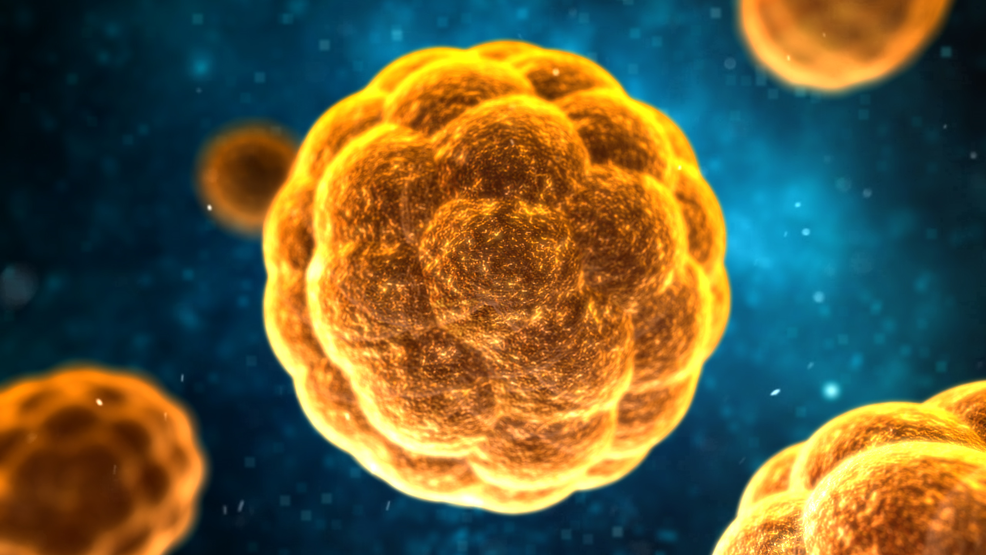 Hepatitis A is a liver situation created by the hepatitis A virus. The disease is primarily spread when an uninfected (and unvaccinated) individual consumes food or water that is contaminated with the faeces of an infected person.
The position is closely linked with unsafe water or food, incompetent hygiene, and poor individual hygiene.
Hepatitis A is a liver situation created by the hepatitis A virus. The disease is primarily spread when an uninfected (and unvaccinated) individual consumes food or water that is contaminated with the faeces of an infected person.
The position is closely linked with unsafe water or food, incompetent hygiene, and poor individual hygiene.
Hepatitis B
 Hepatitis B is a possibly life-threatening liver infection caused by the hepatitis B virus (HBV). It is a significant global health difficulty. It can cause chronic disease and puts people at high risk of death from cirrhosis and liver cancer.
Hepatitis B is a possibly life-threatening liver infection caused by the hepatitis B virus (HBV). It is a significant global health difficulty. It can cause chronic disease and puts people at high risk of death from cirrhosis and liver cancer.
Hepatitis C
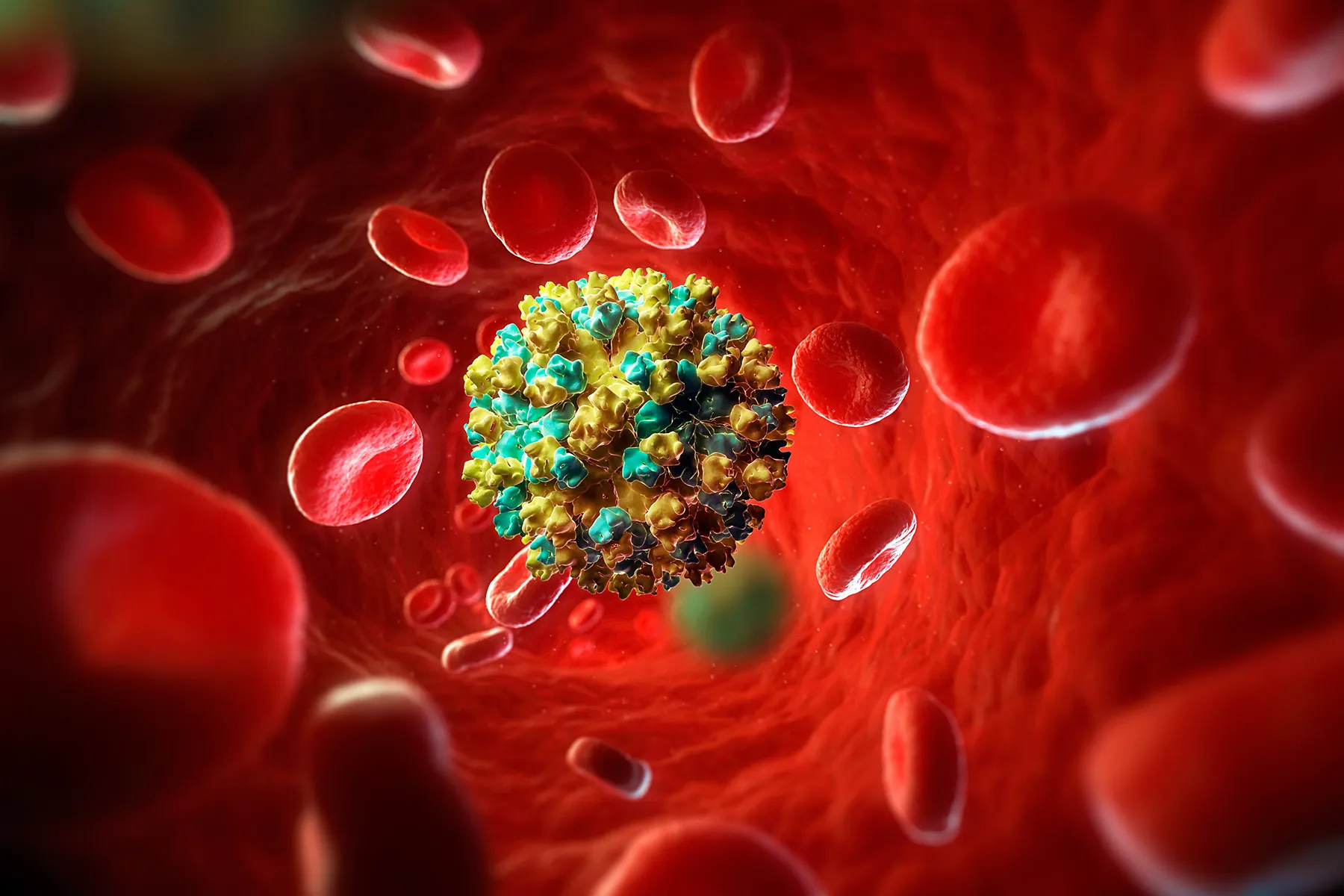 Hepatitis C is a liver disorder caused by the hepatitis C virus: the virus can cause both severe and chronic hepatitis, ranging in severity from a mild illness lasting a few weeks to a severe and lifelong disease.
Hepatitis C is a liver disorder caused by the hepatitis C virus: the virus can cause both severe and chronic hepatitis, ranging in severity from a mild illness lasting a few weeks to a severe and lifelong disease.
Liver Cysts
 Mild liver cysts — fluid-filled decays in the liver — normally cause no signs or symptoms and need no treatment. However, they may become significant enough to cause pain or distress in the upper right part of the abdomen.
Most liver cysts can be noticed on ultrasound or computerized tomography (CT) scans. When required, treatment may include drainage or removal of the cyst.
Mild liver cysts — fluid-filled decays in the liver — normally cause no signs or symptoms and need no treatment. However, they may become significant enough to cause pain or distress in the upper right part of the abdomen.
Most liver cysts can be noticed on ultrasound or computerized tomography (CT) scans. When required, treatment may include drainage or removal of the cyst.
Liver Cancer
 Liver cancer is one of the type of cancers that starts in the cells of your liver. Your liver is a football-sized organ that sits in the upper right part of your abdomen, below your diaphragm and also above your stomach.
Many types of cancer can form in the liver. The most basic type of liver cancer is a hepatocellular carcinoma, which starts in the original type of liver cell (hepatocyte). Other types of liver cancer, like intrahepatic cholangiocarcinoma and hepatoblastoma, are much less common.
Liver cancer is one of the type of cancers that starts in the cells of your liver. Your liver is a football-sized organ that sits in the upper right part of your abdomen, below your diaphragm and also above your stomach.
Many types of cancer can form in the liver. The most basic type of liver cancer is a hepatocellular carcinoma, which starts in the original type of liver cell (hepatocyte). Other types of liver cancer, like intrahepatic cholangiocarcinoma and hepatoblastoma, are much less common.
Non-Alcoholic Fatty Liver Disease
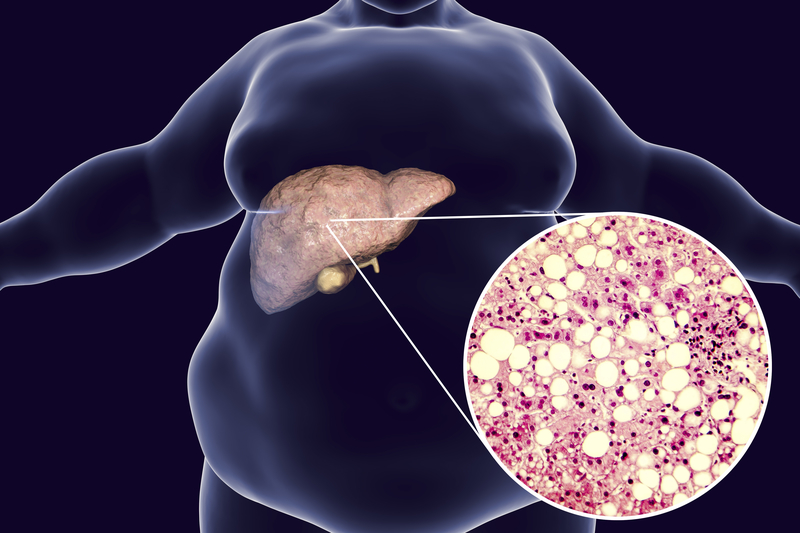 A nonalcoholic fatty liver disorder is an umbrella term for a range of liver conditions affecting people who drink little to no alcohol. As the name suggests, the main ingredient of the nonalcoholic fatty liver disorder is too much fat stored in liver cells.
A nonalcoholic fatty liver disorder is an umbrella term for a range of liver conditions affecting people who drink little to no alcohol. As the name suggests, the main ingredient of the nonalcoholic fatty liver disorder is too much fat stored in liver cells.
Wilson Disease
Wilson disease is an inherited ailment that causes the body to maintain excess copper. The liver of an individual who has Wilson’s condition does not deliver copper into bile as it should. As the copper builds up in the liver, it starts to destroy the organ. After adequate damage, the liver releases the copper directly into the bloodstream, which leads the copper throughout the body. The copper buildup begins to damage in the kidneys, brain, and eyes. If not treated, Wilson’s disorder can induce severe brain impairment, liver failure, and death.What Are The Causes?
Liver disease has multiple causes- Infection
- Hepatitis A
- Hepatitis B
- Hepatitis C
- Immune system abnormality.
- Autoimmune hepatitis
- Primary biliary cirrhosis
- Primary sclerosing cholangitis
- Genetics.
- Hemochromatosis
- Wilson’s disease
- Alpha-1 antitrypsin deficiency
- Cancer and other growths
- Hyperoxaluria and oxalosis.
- Liver cancer
- Liver adenoma
- Bile duct cancer
- Other.
- Chronic alcohol abuse
- Fat accumulating in the liver (non-alcoholic fatty liver disease).
What Are The Liver Disease Symptoms?
Signs and symptoms of liver problems include the following:- Skin and eyes that appear yellowish (jaundice)
- Swelling in the legs and ankles
- Itchy skin
- Pale stool colour, or bloody or tar-coloured stool
- Dark urine colour
- Abdominal pain and liver swelling
- Chronic fatigue
- Nausea or vomiting
- Loss of appetite
- The tendency to bruise easily.


Good information. How to prevent & take care of liver by any simple kitchen remedy ? Is 2 cups of green tea everyday good for liver ?
Hi Haresh, there are many home remedies in your kitchen to protect your liver like Apple cider vinegar, cinnamon powder etc- you can also liver the below article link for same – https://www.inlifehealthcare.com/2018/11/27/how-to-cleanse-and-detox-your-liver-naturally/